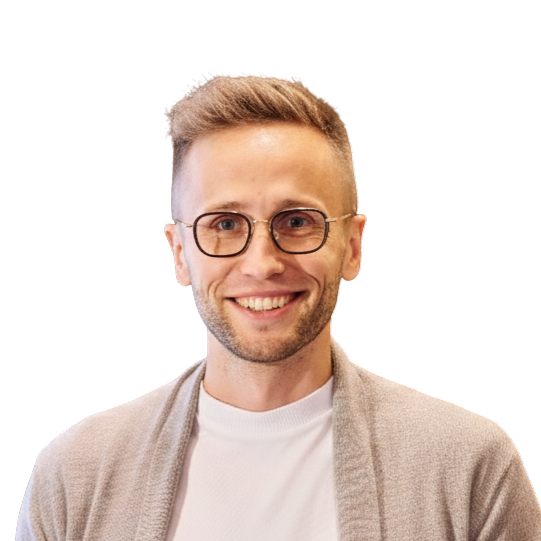Show Notes
Part 1 of 4 of our series with Sergey Jakimov, Managing Partner at LongeVC.
Host Jon Chee sits down with Sergey to hear about his formative years and how limited resources, no technology, and long winters shaped his resilience, diplomacy, and drive to succeed.
Key topics covered:
- Post-Soviet childhood in rural Latvia and its impact on resourcefulness
- Training in tennis from age six and developing grit
- Finishing school early and juggling university with side hustles
- Parliament internship revealing bureaucracy and shaping technocratic beliefs
- Scholarship to Central European University and studying political economy
If you enjoy The Biotech Startups Podcast, subscribe, leave a review, or share it with your friends. Thanks for listening!
Prefer video? Watch the full episode on YouTube:
Resources & Articles
- Technocracy vs Democracy https://www.investopedia.com/terms/t/technocracy.asp
- Political Economy Studies https://en.wikipedia.org/wiki/Political_economy
- Meritocracy https://en.wikipedia.org/wiki/Meritocracy
- Cognitive Biases https://en.wikipedia.org/wiki/List_of_cognitive_biases
Organizations & People
- Longenesis https://longenesis.com/
- Longevity Science Foundation https://longevity.foundation/
- Riga Stradiņš University: https://www.rsu.lv/en
- Central European University (CEU): https://www.ceu.edu/




